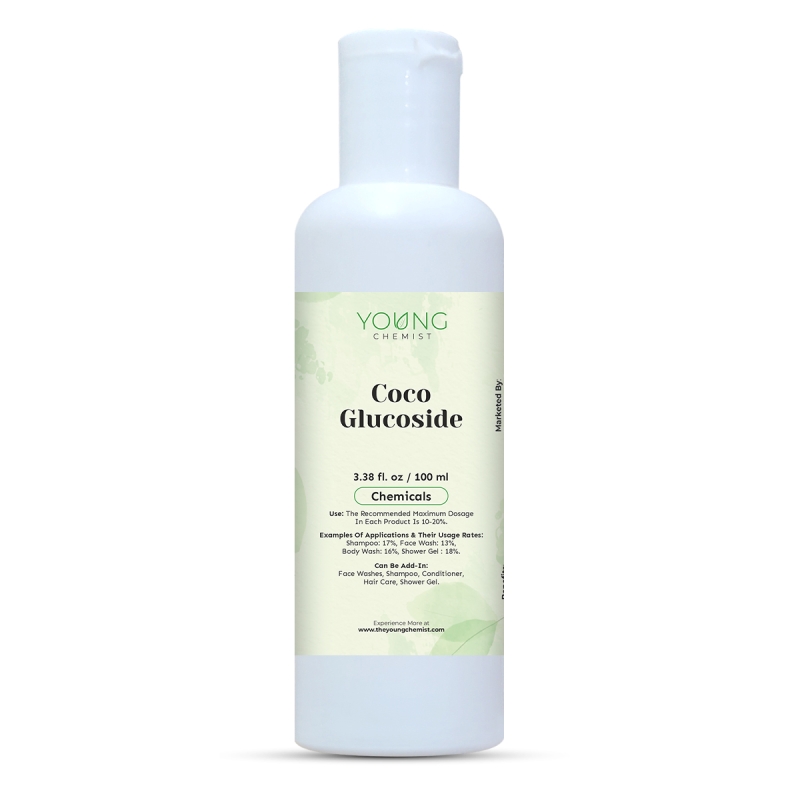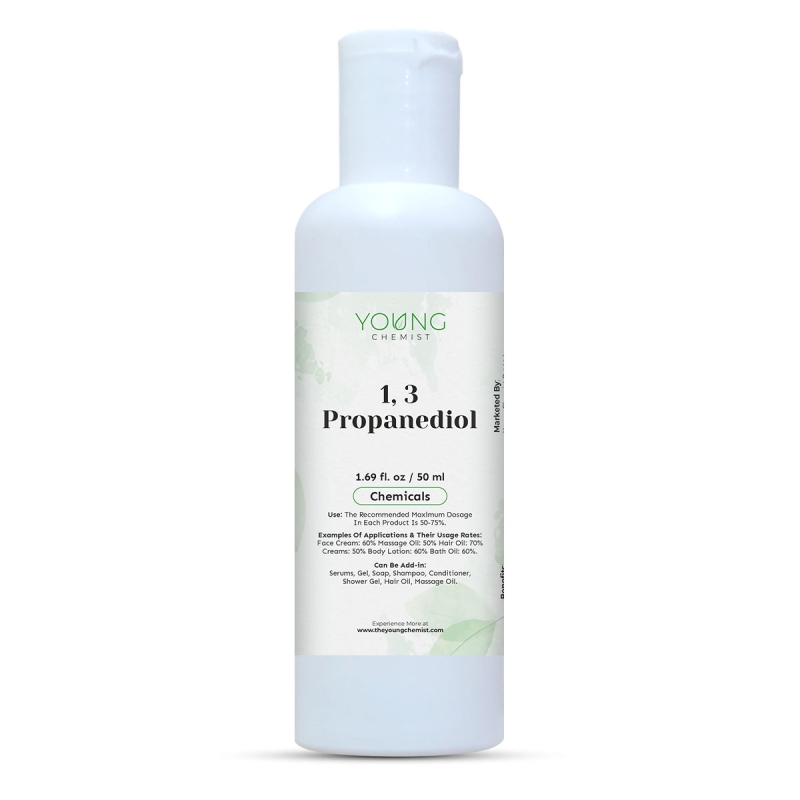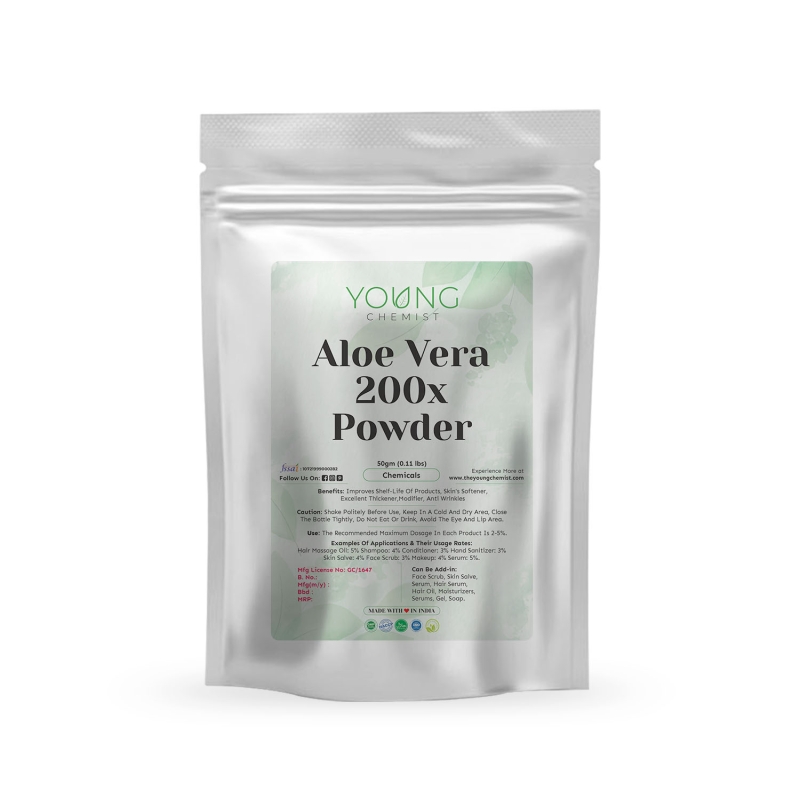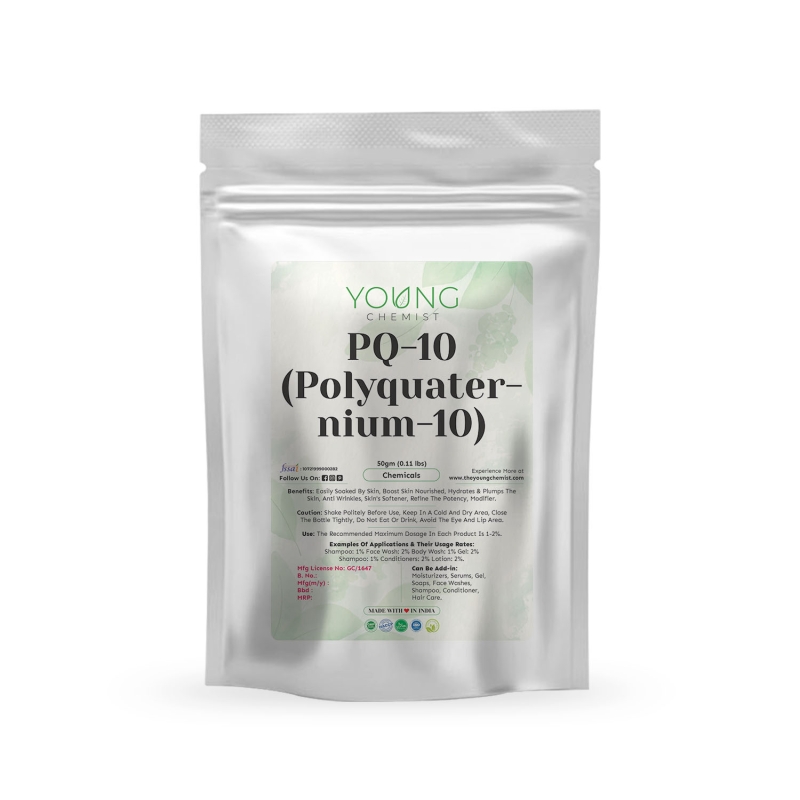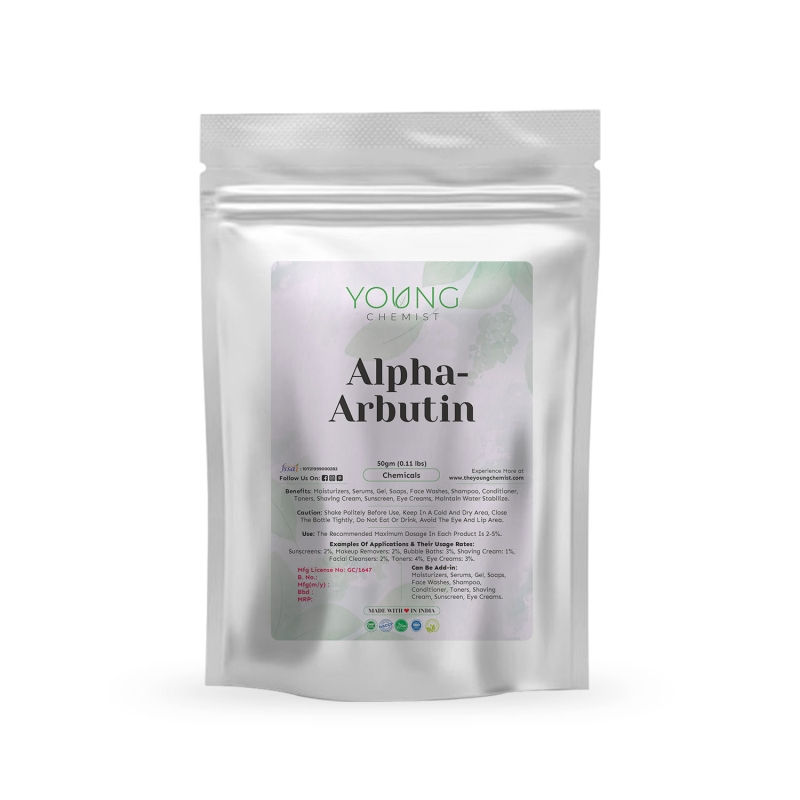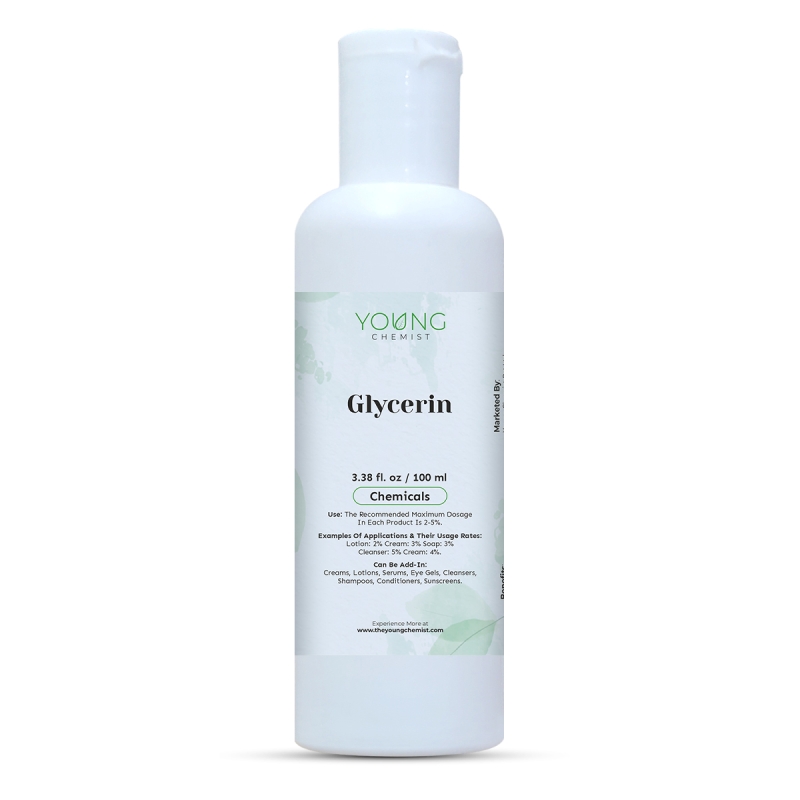-
No Item Added in Cart.

Triethanolamine (TEA)
SKU: CC-TEMU-TEA
Size

40 customers are viewing this product



Young Chemist Triethanolamine (TEA) is a versatile cosmetic chemical commonly used in personal care products. It serves various purposes, including adjusting pH levels, emulsifying ingredients, and enhancing the stability of formulations. Here is a description of TEA, its benefits, how to use it, and cautions to consider:
Triethanolamine, also known as TEA, is a clear, viscous liquid that has a slight ammoniacal odor. It is an organic compound composed of three ethanolamine groups attached to a central nitrogen atom. TEA is water-soluble and can be easily incorporated into cosmetic formulations.
TEA is typically used as an ingredient in cosmetic formulations rather than applied directly to the skin. It should be handled and incorporated into products following good manufacturing practices. The recommended usage level of TEA varies depending on the specific application and product formulation guidelines provided by the manufacturer. It is advisable to consult the recommended usage rates and guidelines for each particular product.
- pH Adjuster: TEA is frequently used to balance the pH of cosmetic products. It can neutralize acidic or alkaline ingredients, ensuring that the final product is within the desired pH range for optimal skin compatibility.
- Emulsifier: TEA helps in the formation and stabilization of emulsions, such as creams and lotions. It assists in combining oil and water-based ingredients, allowing them to blend seamlessly and form stable, uniform formulations.
- Surfactant: TEA acts as a surfactant, improving the spreadability of products on the skin. It aids in the even distribution of cosmetic formulations and enhances their overall performance.
- Viscosity Modifier: TEA can adjust the viscosity of cosmetic products, making them thicker or thinner as required. This property is valuable in achieving the desired texture and consistency of creams, gels, and serums.
While TEA is considered safe for use in cosmetics when used as directed, there are a few cautions to be aware of:
- Sensitivity: Some individuals may be sensitive or allergic to TEA. If you experience any adverse reactions such as skin irritation or redness after using a product containing TEA, discontinue use and consult a healthcare professional.
- Eye Contact: Avoid direct contact with the eyes, as TEA can cause irritation. In case of accidental contact, rinse thoroughly with water and seek medical attention if irritation persists.
- Inhalation: TEA in its concentrated form may emit fumes that can be irritating to the respiratory system. It is recommended to work in a well-ventilated area and use appropriate protective measures, such as wearing a mask or respirator, when handling concentrated TEA.
It is important to note that the above information provides a general overview of TEA in cosmetics. For specific product-related inquiries or concerns, it is advisable to consult the product's label, manufacturer's instructions, or seek professional advice.
Product Questions
Triethanolamine (TEA) is a clear, viscous liquid that is commonly used in cosmetics and personal care products. It's a versatile ingredient that can act as an emulsifier, pH adjuster, and viscosity modifier.
Yes, TEA is generally considered safe for use in cosmetics when used in appropriate concentrations. However, some people may have sensitivities or allergies to it. If you experience any adverse reactions, it's best to discontinue use and consult with a dermatologist.
TEA is found in a wide range of cosmetic products, including:
Lotions and creams
Shampoos and conditioners
Cleansers
Makeup removers
Body washes
TEA serves several purposes in cosmetics:
Emulsifier: It helps to mix oil and water-based ingredients, creating a smooth texture.
pH adjuster: It helps to regulate the pH of the product, making it more compatible with the skin.
Viscosity modifier: It can thicken the product, giving it a more desirable consistency.
While TEA is generally biodegradable, it can contribute to water pollution if not properly disposed of. It's important to use products containing TEA responsibly and avoid dumping them down drains or into waterways.
Yes, there are several alternatives to TEA that can be used in cosmetics, such as:
Glycerine
Cetyl alcohol
Stearyl alcohol
Cetearyl alcohol
While most people can use TEA-containing products without experiencing any issues, some individuals may have sensitivities or allergies. If you have sensitive skin, it's a good idea to patch test new products before using them on a larger area.
TEA is generally considered safe for hair when used in appropriate concentrations. However, excessive use can strip the hair of its natural oils, leading to dryness and damage.
If you prefer to avoid products containing TEA, be sure to read the ingredient labels carefully. Look for products that use alternative emulsifiers and pH adjusters.
The effectiveness of skincare products is not solely determined by the presence or absence of TEA. Other factors, such as the overall formulation and quality of the ingredients, play a significant role. If you have concerns about TEA, you can look for products that are formulated with natural and gentle ingredients.

